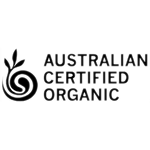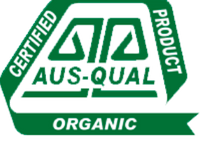Certified Organic Biodynamic Western Australia Inc. is a cohesive industry group advancing certified organic and biodynamic systems into food and fibre markets, to benefit the nations health, and the wellbeing of current and future generations.
WHY CERTIFICATION MATTERS
Organic and biodynamic food production is founded on the principle of producing food in an environmentally sustainable and socially responsible way.
While many producers claim to use organic or biodynamic “principles” or “practices”, only a few have made the extra commitment required to gain and maintain certification. For a consumer, the certification of an organic or biodynamic product signifies the integrity of that product.
WHAT DOES IT MEAN TO BE CERTIFIED?
Achieving organic or biodynamic certification requires meeting and maintaining the standards prescribed by one of Australia’s five private certifiers, who base their certification standards on the National Standard for Organic and Biodynamic Produce published by the Department of Agriculture, Water and the Environment. All certifiers are accredited by DAWE.
Read moreLOOK FOR THESE SYMBOLS ON YOUR PACKAGING TO ENSURE IT IS CERTIFIED ORGANIC OR BIODYNAMIC





Organic Directory of WA
The most comprehensive online directory connecting industry and consumers together.
Explore nowEvents
Throughout the year, we actively host, participate in, and support a variety of industry and community events. Discover more about these events and how you can join us through the link below.
Find out more


